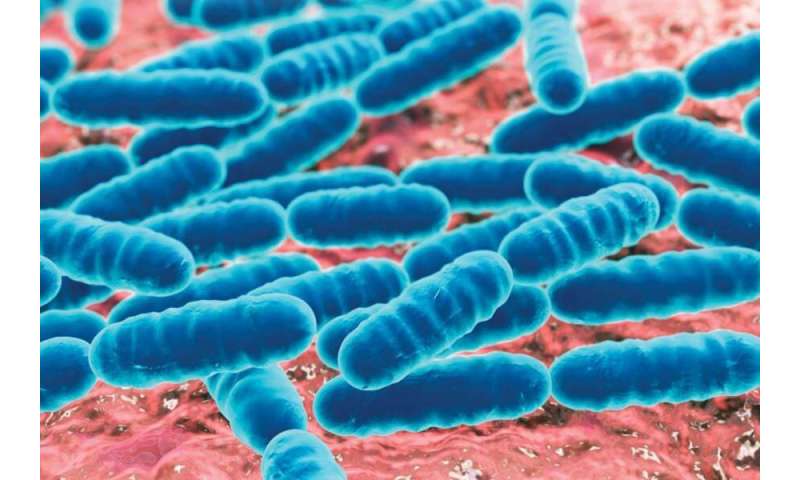Home » Health News »
A mother’s microbes may be a signifier of her child’s future health, researchers say

You might have been born with your mother’s eyes, but you also got many of her microorganisms. And that might be a good thing, according to Noel Mueller an assistant professor in the Department of Epidemiology at the Johns Hopkins Bloomberg School of Public Health.
“You’re essentially free of microbes in the intrauterine environment, and then your first microbial exposure happens at birth,” Mueller explains. “Those microbes teach your immune system and body what’s friend and what’s foe and participate in metabolism and generation of nutrients.”
These microbes form a vibrant intestinal community known as the gut microbiome. Mueller believes that early imbalances in the composition of this ecosystem could have serious health consequences as we age.
In a December study published in Nutrients, Mueller and colleagues found that a less diverse gut microbiome was associated with adult obesity and hypertension. They linked this risk to poor absorption of short-chain fatty acids—beneficial byproducts from microbial digestion of the fiber we consume. Patients with unhealthy microbiomes tended to excrete these molecules in their stool rather than retain them.
Mueller is now exploring how the gut microbiome’s health effects are shaped at birth. “We’ve done numerous observational studies looking at vaginally delivered and C-section–delivered babies and found consistent differences in certain species of bacteria … and their metabolic function,” he says. His team further found that children born by C-section, and thus not exposed to microbes in the birth canal, face roughly 50% greater risk of childhood obesity.
Source: Read Full Article



